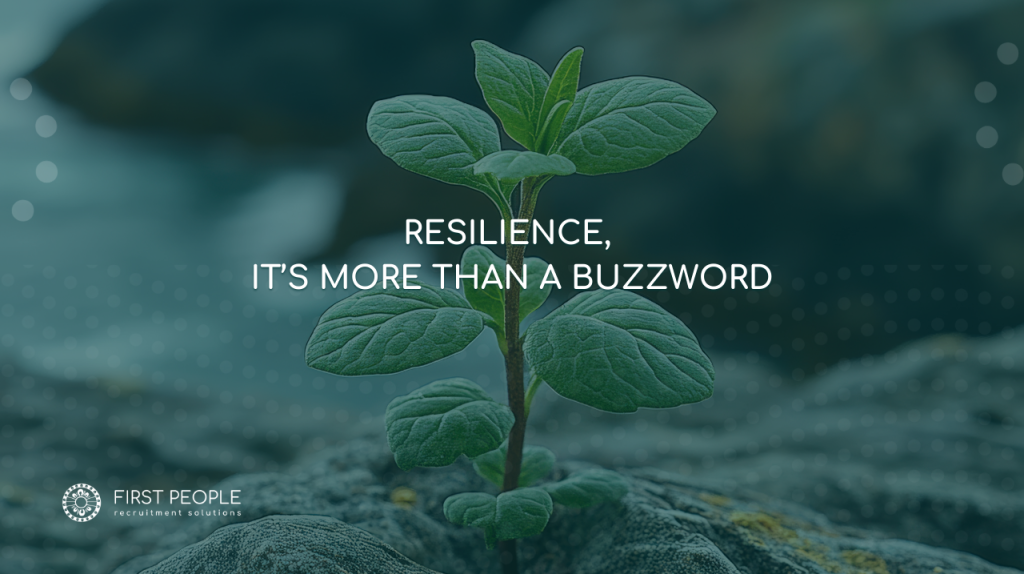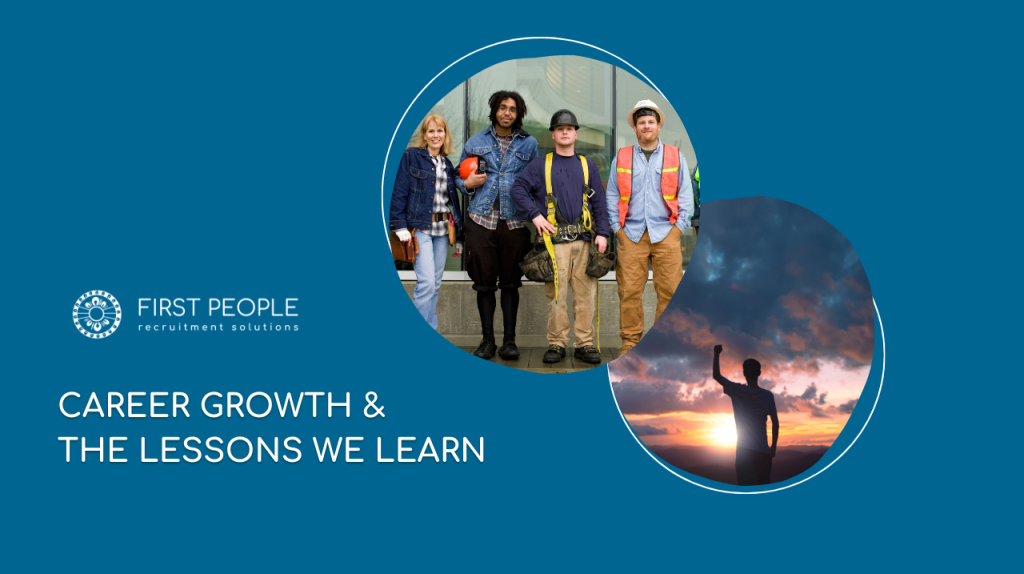Breaking into a new industry or role without prior experience can feel daunting. Questions like, “How do I use my transferable skills to change roles?” or “How can I get a hiring manager to take a chance on me?” are common concerns.
Here’s a practical guide to help you navigate this challenging yet rewarding journey.
Transitioning into a new industry is not easy, and the odds may seem against you. On paper, someone with years of relevant experience might appear to be the better candidate. However, acknowledging this challenge upfront is crucial. Like training a puppy, it’s not easy, and there are no guarantees, but it is possible with the right mindset and strategy.
Currently, many industries, especially tech, entertainment, and gaming, are saturated with candidates due to widespread redundancies. This high competition means you’ll need to stand out more than ever. But don’t be discouraged; there are strategies to increase your chances.
If you’re already employed, it might be easier to switch roles within your current company. You already have a proven track record, which can be a significant advantage. Start conversations with your manager about your desire to transition to a new role. Use your existing ‘capital’—your reputation for hard work, capability, and coachability—to explore new opportunities within your organisation.
Networking is invaluable when changing industries. Start with your immediate network: friends, family, and colleagues. Ask for introductions to people who have successfully made similar transitions. Conduct informational interviews to learn about their journeys, challenges, and strategies. LinkedIn is also a powerful tool—connect with individuals in your desired industry, especially those who have made similar transitions, and seek their advice.
Here’s a sample message you could use: “Hi [name]. I saw you transitioned into [industry] without prior experience. That’s impressive, and I’d love to learn more about your journey. Any tips or advice would be greatly appreciated. Thank you for your time!”
Sometimes, the best way to transition is by gaining more relevant experience and skills. Look at job descriptions for roles you’re interested in to identify any gaps in your experience. Then, seek opportunities to fill those gaps, either through small projects at your current job, volunteering, or personal projects. For example, if you want a role in social media within the gaming industry, start by auditing and analysing the social media presence of your favourite gaming companies.
When you land an interview, be ready to discuss your transferable skills and how they relate to the new role. Use the STARR method (Situation, Task, Action, Result, Reflection) to frame your experiences in a way that highlights your capabilities. Additionally, leverage any personal projects or networking conversations you’ve had to show your proactive approach and industry understanding.
Transitioning into a new industry can take time. Be prepared for a journey that might take longer than anticipated. Persistence is key. Stay in touch with recruiters and hiring managers, even if you don’t get the job. They can be valuable contacts for future opportunities.
If there’s one piece of advice to encapsulate this journey, it’s from Naval Ravikant: “Impatient with actions, patient with results.” Stay proactive in your efforts, but patient with the outcomes.
With determination and the right strategies, you can successfully transition into a new industry and achieve your career goals.



